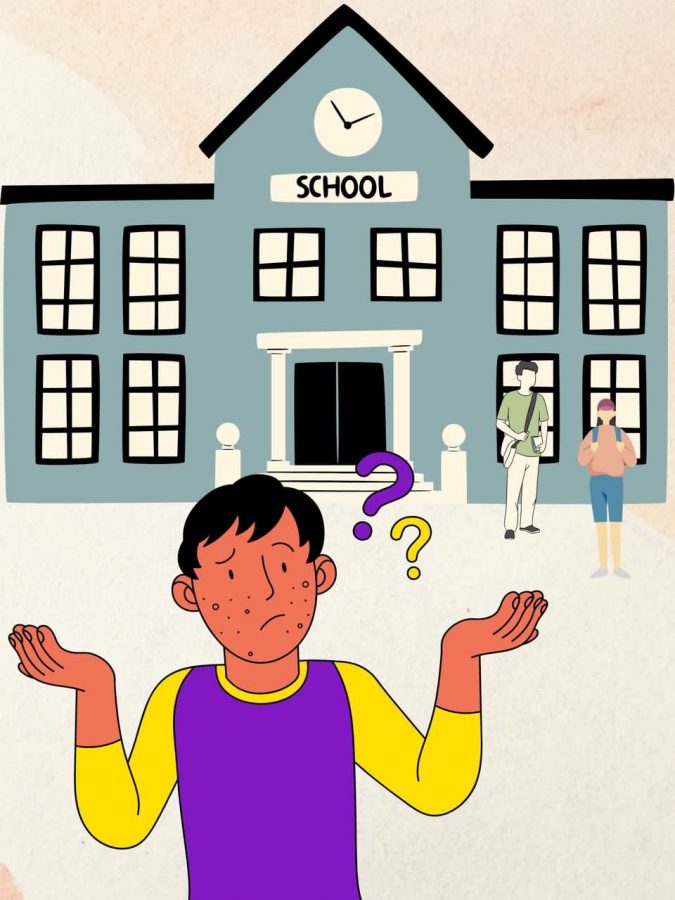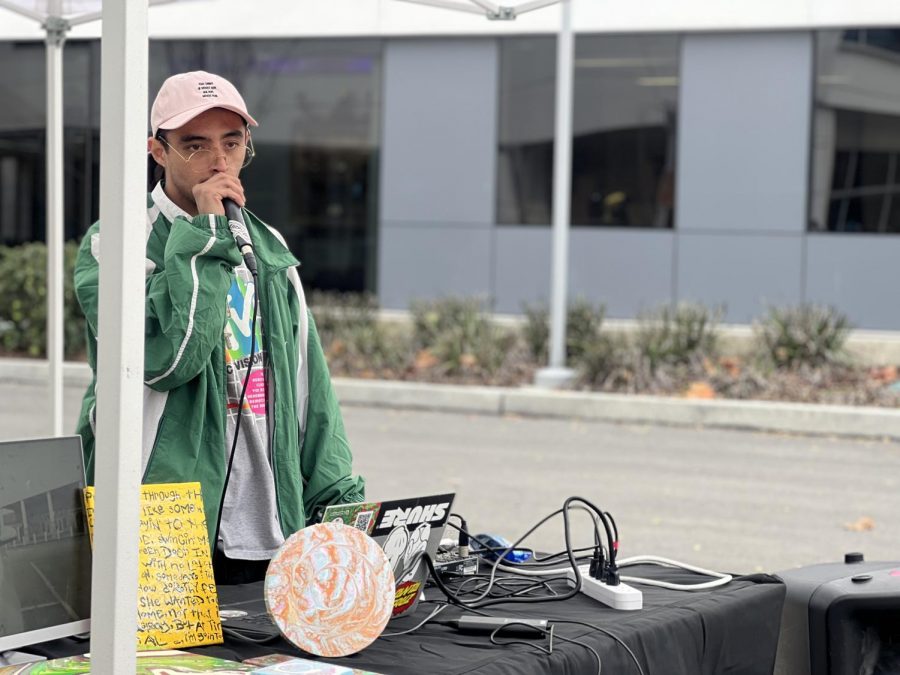San Jose City College’s Associated Student Council may transition from a board-model student government to a senate next semester if students pass a ballot measure later this month. This will be the second attempt to pass the measure in less than a month.
The move from a board model of government to a senate model would put the decision-making power in the hands of eight elected officers and 10 elected senators, one for every 1,000 students.
“I think that the senate will be more beneficial to the students. It will make the elected officials more accountable to the people who elected them,” said Karrawinds Salters, 35, political science major.
The way the student government is structured now is through four elected officers and equal representation by the clubs, with one member per club. Each representative speaks on behalf of the club members and votes on issues along club lines.
Salters said SJCC has 12 clubs on campus, with membership ranging from 10-70 students, representing between 120 and 840 students out of a total of 10,000.
Clubs would no longer be able to individually vote on school-related issues, as they do now.
“The clubs will have their own council, and it will be called the Inter Club Council,” said Salters, who is also the Region IV Vice Chair for the Student Senate for California Community Colleges.
From the Inter Club Council, one representative designated by the ICC would sit on the senate. Salters said clubs in the ICC would be able to vote directly on club issues and maintain their own budgets.
The proposed measure to become a senate has been met with some opposition in the AS.
“New students just coming in will not be able to participate right away in the new senate, as they would in the club-governed board,” said Larry Harris, 69, communications major.
Harris is one of the most outspoken critics of the measure and wants to see the clubs retain their active role in the council’s decision-making processes.
“As a club-governed board, you can jump right in and participate directly,” said Harris, who is also the president of the Media Club.
SJCC is one of seven community colleges among 112 in California that does not operate with a senate model of student government.
The idea for the move from a board model to a senate model started to take form after the student council attended an SSCCC conference last year.
“We went down to the SSCCC conference and found that all of the colleges down there were senates,” said Jennifer Neil, director of Student Life and adviser for the AS council.
The second ballot is due to come out this month between March 26-29 to determine whether the AS will stay a board or become a senate. The results from the first ballot emailed to students in late February had too many errors to be counted.
“It was not set up right on the administrators’ side,” Neil said.
She, along with the district office, set up the ballot that went out to students. Neil said the problem with the first ballot was that students got confused with the format and either voted “no” for both the council and the senate or “yes” for both.






